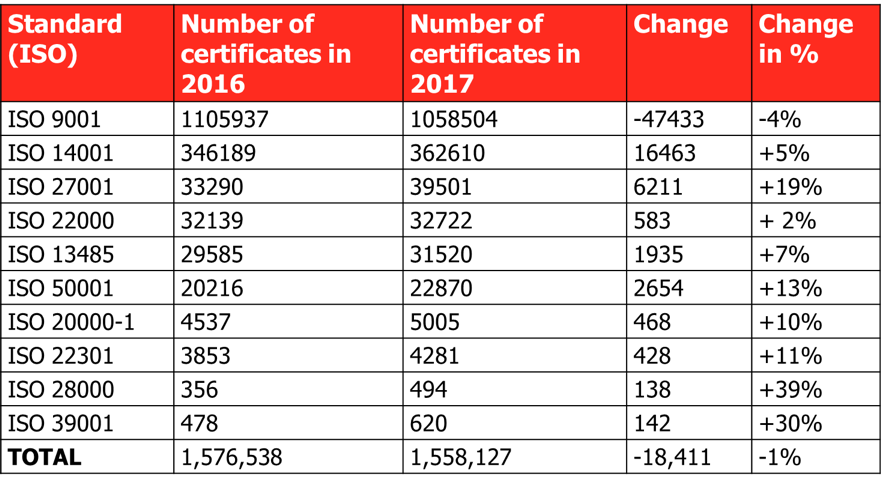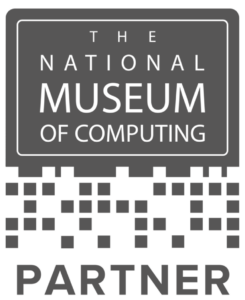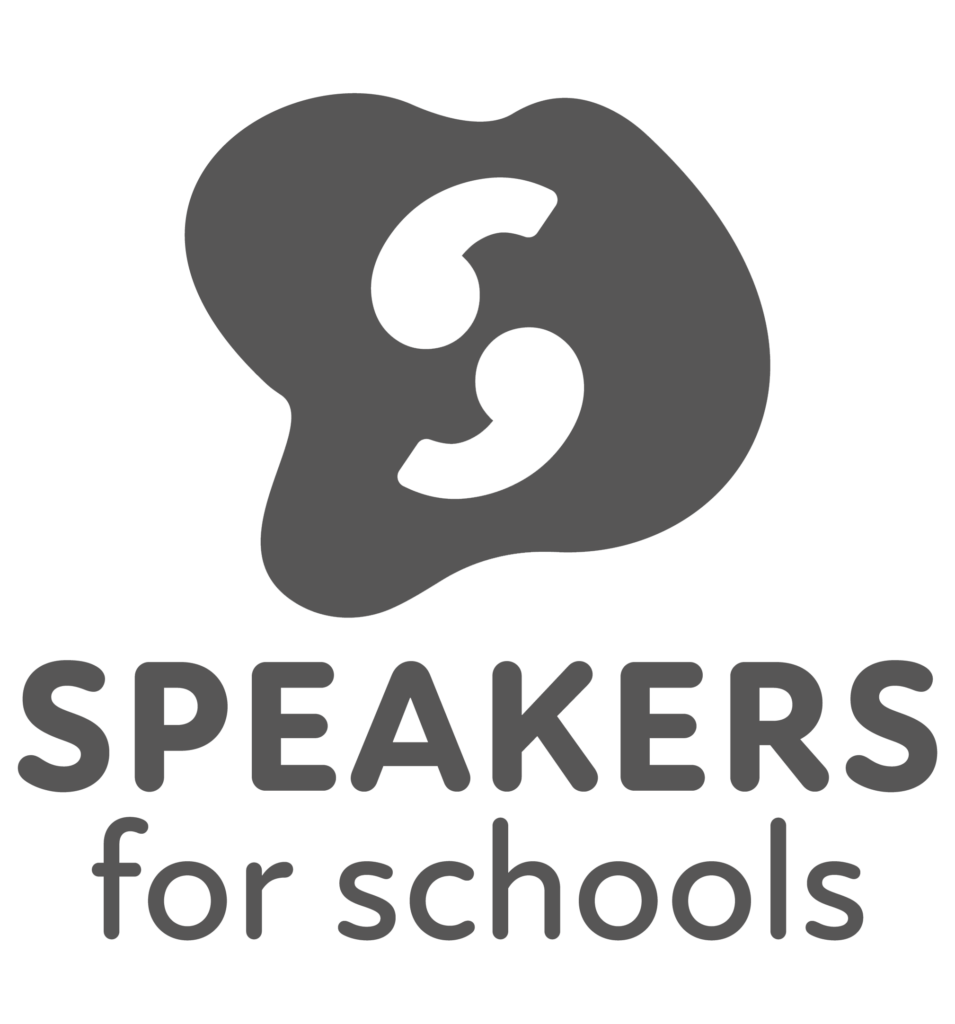ISO/IEC 20000 is the only international standard for service management. It can be used by organizations big and small, public and private, for IT and non-IT services. The latest edition, ISO/IEC 20000-1:2018 Service management system requirements, has just been published. You can purchase this from BSI via https://shop.bsigroup.com/ProductDetail?pid=000000000030337390
Management system standards are those which specify requirements for a management system for different topics. A management system sounds scary but it’s just a way of putting together policies, plans, processes, and procedures to be operated to gain a certain outcome. In the case of ISO/IEC 20000-1, the outcome is services delivered to fulfil service requirements and deliver value to the customer, user and organization delivering the services.
Other well-known management systems are ISO 9001, quality management, and ISO/IEC 27001, information security management.
Each year, ISO does a survey of all accredited certification bodies around the world to ask for the number of certificates for 10 of their management system standards (accredited by their national accreditation bodies, UKAS in the UK). The survey results for 2017 have just been published and these show that ISO/IEC 20000 is the 7th most certified standard and grew by 10% last year.

The survey has changed in 2017 to collect number of certificates instead of number of sites certified. This explains the apparent reduction in the figures for ISO 9001.
There are, of course, unaccredited schemes throughout the world which means the actual number of certified organizations is higher than this. For example, the APMG scheme certificate numbers are not included in this list.
The standards are for:
- 9001 – Quality
- 14001 – Environment
- 27001 – Information security
- 22000 – Food safety
- 13485 – Medical devices
- 50001 – Energy
- 22301 – Business continuity
- 28000 – Supply chain security
- 39001 – Road traffic safety
So how do you find out more about the new ISO/IEC 20000-1?
Are you already certified to the 2011 edition and want to transition to the revised 2018 edition?
Are you considering implementing ISO/IEC 20000 for the first time?
Are you confused about implementing ISO/IEC 20000 using some of the newer methods, frameworks or technologies?
Do you already have a management system for another standard and want to integrate the service management system from ISO/IEC 20000-1?
The starting point to find out more is always to read and understand the standard. There is a lot of support available to help you to understand the requirements and the changes from the 2011 edition – training courses, books, consultants, blogs etc.
ISO/IEC 20000 part 10, Concepts and vocabulary, was also published in September and this provides an overview of a service management system, benefits and misperceptions, an explanation of the various parts of the standard and related standards as well as a complete vocabulary list. Parts 2 and 3 are currently being updated to offer guidance to help to explain part 1and will be published in 2019.
Also, early in 2019, a new ISO Handbook on ISO/IEC 20000 is coming out. This is aimed at the 1st time user of ISO/IEC 20000 providing a high-level overview of the requirements and how it can be implemented using various methods/frameworks, different technologies and in small enterprises.
Finally, in mid-2019, a new part 7 will be published to offer guidance on the integration of management systems for ISO/IEC 20000-1, ISO 9001 (quality management) and ISO/IEC 27001 (information security management).
ISO/IEC 20000-1 specifies requirements for a service management system that will bring good practice to your organization and support high-quality service delivery. The standard specifies what to do and not how to do it. This therefore means that the organization can choose how to implement the requirements using whatever method, framework and technology is suited to their environment and services.
Lynda is presenting on the new edition of ISO/IEC 20000-1 at the itSMF conference on November 19th in London. She is also running a 1-day workshop on ISO/IEC 20000-1 on December 13th in London.

Lynda Cooper
Lynda is an independent consultant and trainer, and is the project editor for ISO/IEC 20000-1. She chairs the BSI committee for service management and sits on various ISO/IEC committees representing the UK. She can be contacted via LinkedIn or at [email protected].


